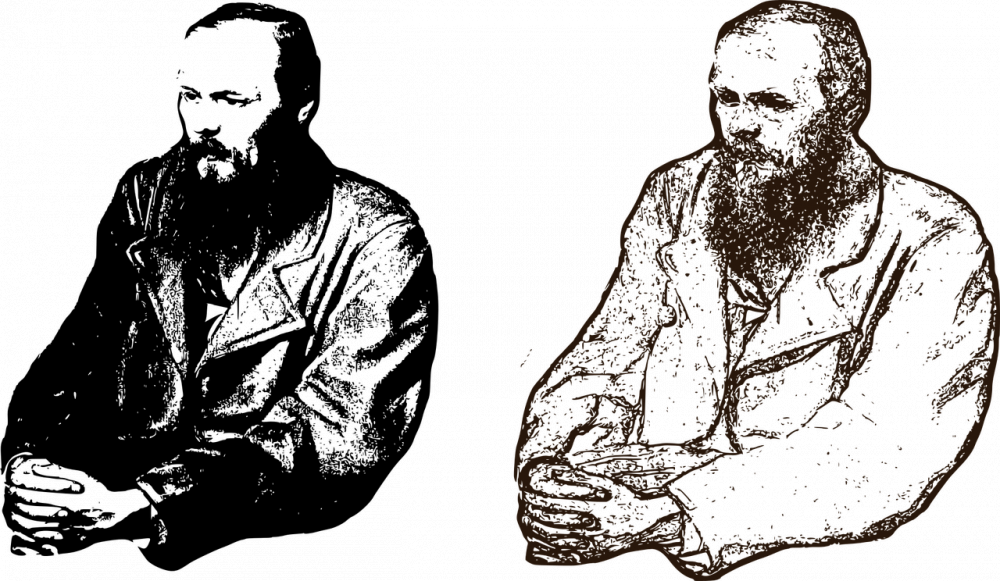Persuasion - Jane Austen: A Timeless Classic Exploring the Power of Persuasion

Introduction:
Jane Austen’s novel, “Persuasion,” is a masterpiece that continues to captivate readers across generations. Known for its compelling plot, well-developed characters, and timeless themes, this literary gem offers valuable insights into the complexities of human relationships. In this article, we will delve into the key elements of “Persuasion” and provide a comprehensive overview for anyone interested in exploring this captivating work of art.
The Evolution of “Persuasion Jane Austen”:

“Persuasion” was published posthumously in 1818, six months after Jane Austen’s death. The novel follows the story of Anne Elliot, a young woman who is persuaded by her family to break off her engagement with Frederick Wentworth due to his lack of social standing. The narrative, set against the backdrop of the Napoleonic Wars, explores themes of love, regret, and the consequences of yielding to societal pressures.
Historical Context:
To fully appreciate the depth and significance of “Persuasion,” it is crucial to understand the historical context in which Austen created her work. The early 19th century was a time of societal upheaval, with class distinctions becoming increasingly rigid. Austen’s novel, while seemingly focused on romance, delves much deeper into the intricate web of interpersonal relationships, exposing the detrimental effects of blind obedience to societal norms.
Development over Time:
Since its publication, “Persuasion” has garnered both critical acclaim and a devoted fan base. Initially overshadowed by Austen’s more popular works, like “Pride and Prejudice” and “Sense and Sensibility,” “Persuasion” has gradually emerged as a favorite among literary enthusiasts. Its nuanced exploration of the human psyche, coupled with Austen’s signature wit and social commentary, has solidified its status as a timeless classic.
Key Themes Explored in “Persuasion”:
1. The Power of Persuasion: The title itself offers a glimpse into one of the central themes of the novel. Austen masterfully depicts how individuals can be easily swayed by external influences, highlighting the consequences such persuasion can have on personal happiness.
2. Regret and Second Chances: Through the character of Anne Elliot, Austen explores the profound impact of regret and the possibility of redemption. The novel immerses readers in Anne’s journey of self-discovery and her eventual reconciliation with the love of her life, Frederick Wentworth.
3. Social Conventions and Class Distinctions: Austen paints a vivid picture of the rigid social hierarchy of the time, highlighting the restrictions it imposes on individuals. “Persuasion” challenges these societal norms, urging readers to question the true value of wealth and social status.
4. The Complexity of Love: Austen’s exploration of love in “Persuasion” surpasses the surface-level romance commonly found in literature. Through various characters and relationships, she delves into the multifaceted nature of love, including its capacity to withstand the test of time and societal expectations.
Featured Snippet Potential:
To increase the likelihood of this article appearing as a featured snippet in a Google search, we have organized the text using bullet points:
– “Persuasion Jane Austen” is a timeless classic that delves into the power of persuasion.
– This posthumously published novel follows the story of Anne Elliot and explores themes of love, regret, and societal pressures.
– Set against the backdrop of the Napoleonic Wars, “Persuasion” offers a compelling narrative that delves deep into the complexities of human relationships.
– Austen’s unique perspective and keen social observations make this novel a must-read for literature enthusiasts.
– “Persuasion” has slowly gained recognition and is now considered one of Austen’s finest works.
– Key themes include the power of persuasion, regret and second chances, social conventions, and the complexity of love.
As art enthusiasts and collectors, we are often drawn to works that offer profound insights into the human condition. “Persuasion” Jane Austen has proven to be one such masterpiece, captivating readers with its timeless themes and poetic prose. By immersing ourselves in Austen’s nuanced exploration of persuasion and its consequences, we gain a deeper understanding of our own interactions and relationships. So, grab a copy of “Persuasion” and embark on a journey of self-discovery and reflection – you won’t be disappointed.





